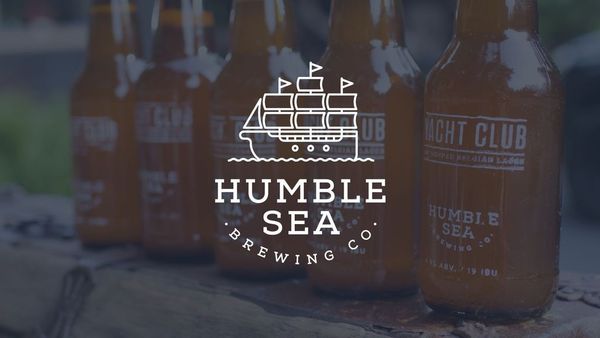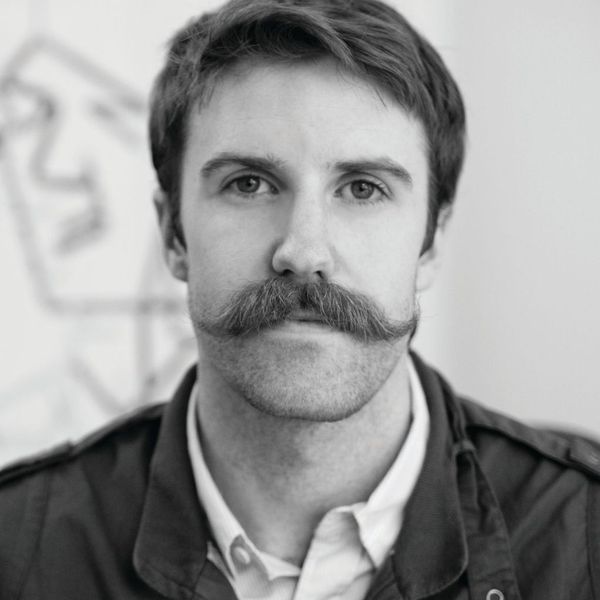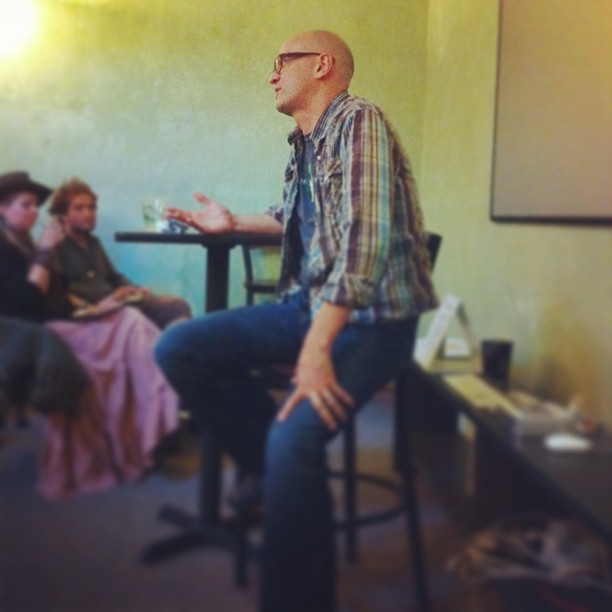On December 11th, TechRaising held a screening of the inspiring documentary, General Magic. Members of the Santa Cruz tech community gathered at the Landmark Nickelodeon Theater to watch and learn about one of the most innovative, yet unheard of, companies in Silicon Valley.
The documentary told the story about a team, consisting of the top talent, trying to revolutionize the way humans interacted with technology. General Magic released a closed network communication device called the Magic Link, that did not sell. This product launch failure led to the bankruptcy of General Magic.
The story captivated the audience. Two 12 year old kids expressed how the film gave them insight into the start of the now ubiquitous, mobile phone. Brayden Estby, owner of 11th Hour Coffee, drew parallels from the mobile phone industry as he thought about current trends in coffee. Everyone in attendance gave the documentary glowing reviews.
Following the movie, Andrew Mueller, our moderator, asked special guests David Hoffman, Michael Stern, and Dee Gardetti to provide us with firsthand accounts of what it was like inside General Magic. David Hoffman shot all of the original footage used in the documentary, who happens to be best friends with former CEO of General Magic, Marc Porat. Michael Stern, a corporate lawyer at Cooley, was the former CFO of General Magic. And, Dee Gardetti was the first hire of General Magic and head of HR.
David Hoffman expressed how General Magic failed in part, due to lack of advertising. The only Magic Link devices sold were to family and friends. No one else understood how to use the device or what it could do.
Michael Stern taught us that the lack of structure in the company caused serious problems. The engineers wanted to build and work on their passion projects, which was not conducive to meeting deadlines and shipping products. When a product manager was hired, the engineers would find a way to make them leave by “choice”. Michael Stern thought that effective product managers could have saved the company, but we will never know.
On a more positive note, Dee Gardetti discussed the importance of perseverance in the job market. In the documentary, Tony Fadell — a recent college graduate and known now as one of the fathers of the iPod, iPad, and founder of Nest — wanted to work at General Magic so badly, he called Dee daily to get an update on his application. Dee found Tony so relentless that she felt like if she didn’t hire him, he would still be calling today.
Events like these are important for the Santa Cruz community. They bring people together, motivate them to grow, and continue to inspire people to reach their goals and build amazing things. For more events with TechRaising, please subscribe to our mailing list, join our meetup group, and like us on Facebook.
If you are interested in learning more about General Magic, it is expected to hit select theaters in San Francisco and New York in Spring 2019.



